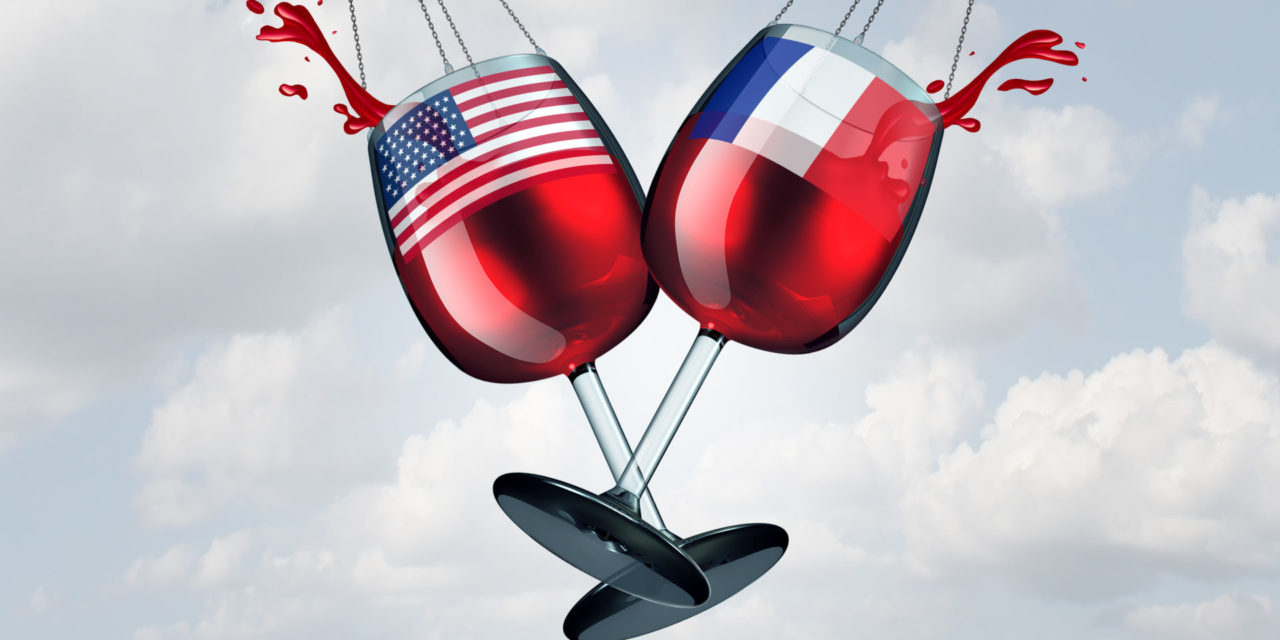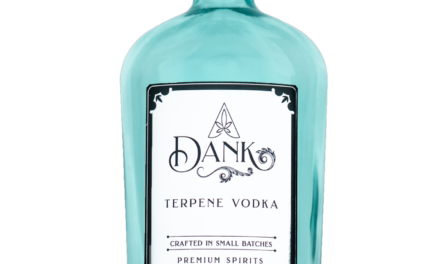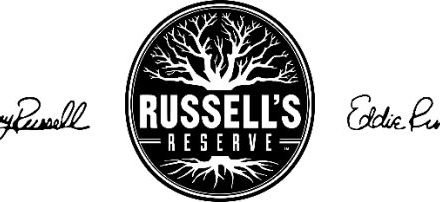The United States may soon place up to 100 percent tariffs on all European wines. If imposed, industry professionals believe, the American wine industry will be hit hard.
The proposed tariffs are in retaliation for subsidies the European Union gave to Airbus that the World Trade Organization has ruled illegal. To compensate, the WTO gave the United States permission to impose tariffs on up to $7.5 billion worth of EU exports per year, including wine.
A first round of 25 percent tariffs came last October on certain wines from France, Germany, Spain, and Great Britain. Importers, distributors, retailers, and restaurants absorbed most of the cost of those tariffs. But if the United States enacts President Trump’s proposed 100 percent tariffs, consumers will see a sticker-shocking rise in the price of European wines.
“The tariffs will fundamentally alter wine in a way that nothing else has since Prohibition,” says Tom Wark, executive director of the National Association of Wine Retailers.
Wines that importers now pay $12 per bottle for could potentially cost them $24 per bottle. Because we have a three-tier system in the US, many of those bottles will go through a distributor (where a mark up will be added) before ending up at a retailer or restaurant (where another markup will be added). Consumers may find themselves asked to pay double for European wines.
Most likely, they won’t do that.
They’ll switch to other wines—ones produced locally or from non-EU countries. Independent, small U.S. wine importers and retailers that specialize in European wines will be hit particularly hard, losing business, perhaps even shutting down.
Wark uses natural wine bars as an example: “The majority of natural wines with a wide distribution come from Europe,” he says. “A glass of wine in a natural wine bar will jump from $9 to $18.”
Since consumers presumably won’t be willing to pay that price increase, many of these small, independent businesses could shutter.
It may seem as if the wineries in Europe would be so hurt by the tariffs that the EU would chose to make amends, causing the United States to end the punitive tariffs and all to go back to normal.
However that won’t necessarily be the case. There’s demand for European wines in Asia and Russia. European wineries will be able to sell the wines currently allocated for the United States elsewhere. If the tariffs are imposed and then rescinded, the wines may not make their way back to the United States.
This scenario is in no way inevitable. “You can’t just throw up your hands,” says Wark. He recommends letting the federal government and your representatives know you oppose the tariffs and you don’t want to pay higher prices for wine.
The United States Trade Representative is taking public comments on the tariffs until January 13. You can also email your representatives in Congress to let them know you don’t want higher wine prices, a loss of U.S. businesses, and a loss of U.S. jobs.











